5 Historic Black Political Activists You May Not Know
If your study of Black political activists has been limited to what you learned in school, it may be time to close that knowledge gap.
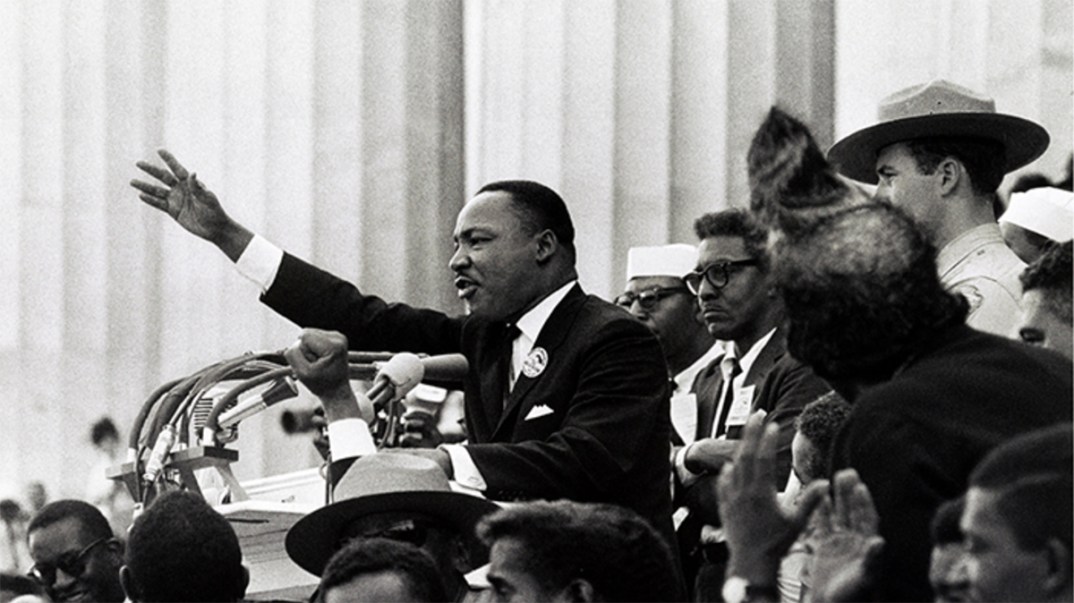
Martin Luther King Jr., Malcolm X, Frederick Douglass, and Booker T. Washington may be standard makers in high school history books. Still, they’re far from the only historic Black political activists that deserve attention.
If your study of Black political activists has been limited to what you learned in school, it may be time to close that knowledge gap. Black political activism in the US starts before the Civil War, with individuals emerging from all walks of life.
Prepare yourself for the next trivia night by doing some side research on these five history-making Black activists.
1. James Forten
James Forten’s name often falls under the radar, but this Black political activist and abolitionist wore many hats. During the Revolutionary War, a 14-year-old Forten served on the privateer warship, Royal Louis. Although the British Royal Navy later captured the ship during the war, Forten was eventually released unharmed several months later.
That wasn’t the end of Forten’s life at sea, however. Forten made his career at sea, ultimately creating a profitable sailmaking business.
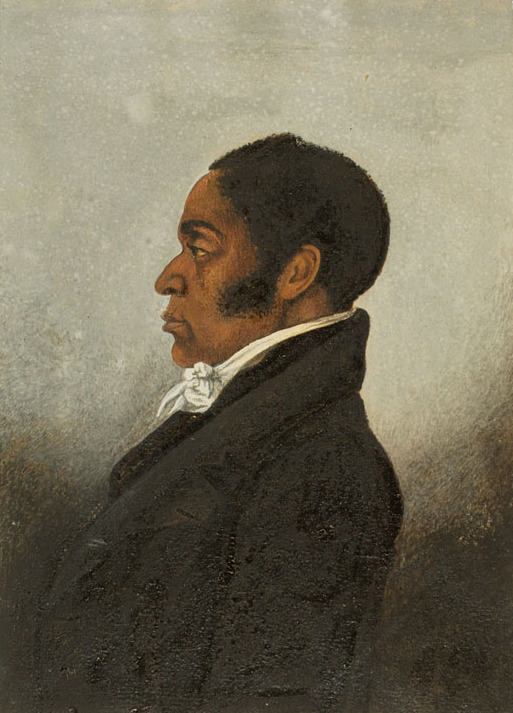
As a wealthy Philadelphia businessman, Forten dedicated much of his money and energy toward political activism and Black civil rights. Notably, Forten’s wealth and time were spent fighting against the emerging “back to Africa” movement, popularized by the American Colonization Society, which promoted free Blacks to immigrate to the newly-created country of Liberia.
Alongside other notable leaders, Forten believed free Blacks born in the US deserved full and complete US citizenship instead of an exit ticket to Africa.
2. John Teasman
His early life remains mostly a mystery, but John Teasman’s adult life is marked by his standing as a remarkable figure in the civil rights movement of the late 18th and early 19th centuries. An educator by trade and an early principal of the New York African Free School (NYAFS), Teasman helped spur the growth of the cost-saving Lancastrian teaching method that became popular during the 1800s as an early public education model.
Additionally, Teasman’s influence helped shape the activist minds of hundreds of Black children in New York, the ripple effects of which are incredibly hard to quantify.
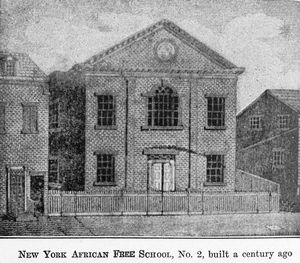
3. Dan Desdunes
When Homer Plessey was asked by the Comité des Citoyens (Citizens’ Committee) of New Orleans to board a white train car, it was a strategic move that laid the groundwork for the landmark Plessy vs. Ferguson Supreme Court decision. The “separate but equal” doctrine would later serve as a significant flashpoint for Black political activists, but before Plessey, there was Dan Desdunes.
The Comité des Citoyens also asked Desdunes to board a white train car in 1892. In the Desdunes case, the purpose was to test the viability of Louisiana’s separate but equal laws in interstate commerce. Following Desdunes’ arrest, a judge ruled that the law could not be enforced across states.
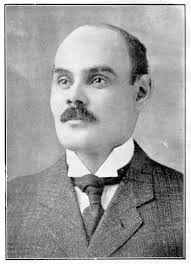
Although Desdunes and the Citizens’ Committee of New Orleans were unable to dismantle these unjust laws at the time, Desdunes’ voluntary actions put him in the same light as Rosa Parks and others. They put their lives on the line to help challenge unjust laws.
4. Nancy Green
You may not know her name, but you likely grew up seeing her image. Nancy Green was a model, spokesperson, and one of the Black political activists best known as the face of the Aunt Jemima brand.
The current political controversies over using Reconstruction-era images to advertise products aside, Green did not let her fame go to waste. She took the opportunities given her to advocate against poverty and improve civil rights for individuals in her home city of Chicago.
5. Ida B. Wells
Ida B. Wells is a heavyweight in Black political activist history, despite her more obscure position in history books. A highly-regarded investigative journalist and determined civil rights freedom fighter, Wells has a long list of political activism accomplishments under her belt, including serving as one of several founders of the National Association for the Advancement of Colored People (NAACP).
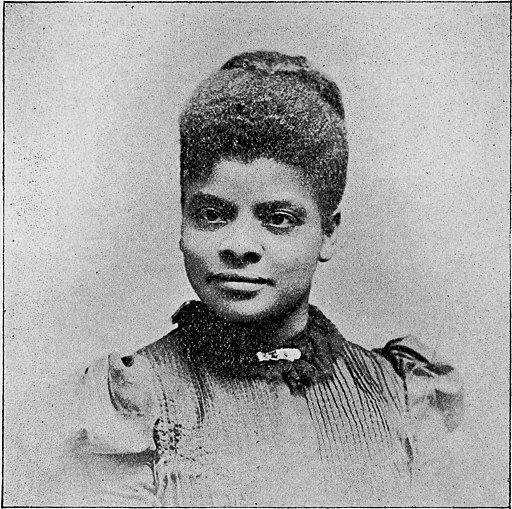
Wells was educated at several HBCUs, including Rust College, Fisk University, and Lemoyne-Owen College. In 1884, Wells refused to give up her first-class train seat to a white passenger. She later hired a white attorney, who was initially able to help her win her case against the railroad. That case was later reversed on appeal, forcing her to pay court costs and helping to cement her strong political civil rights convictions.
Notably, Wells fought racist laws and policies with her jarringly-stated journalism. This approach led to her losing her teaching job in Memphis in 1891 after she had several articles published sharply criticizing conditions within Black schools. In one of her most-cited books, The Red Record, Wells wrote, “The way to right wrongs is to turn the light of truth upon them.”
Have you subscribed to theGrio’s new podcast “Dear Culture”? Download our newest episodes now!
TheGrio is now on Apple TV, Amazon Fire, and Roku. Download theGrio today!
